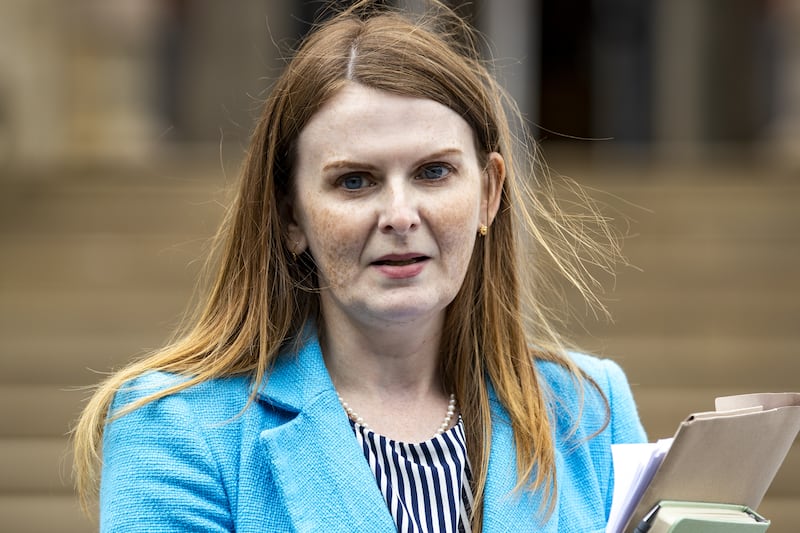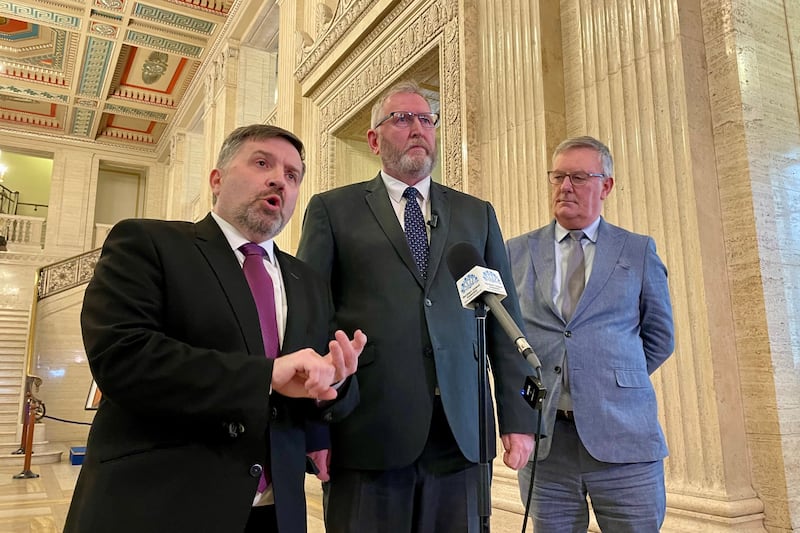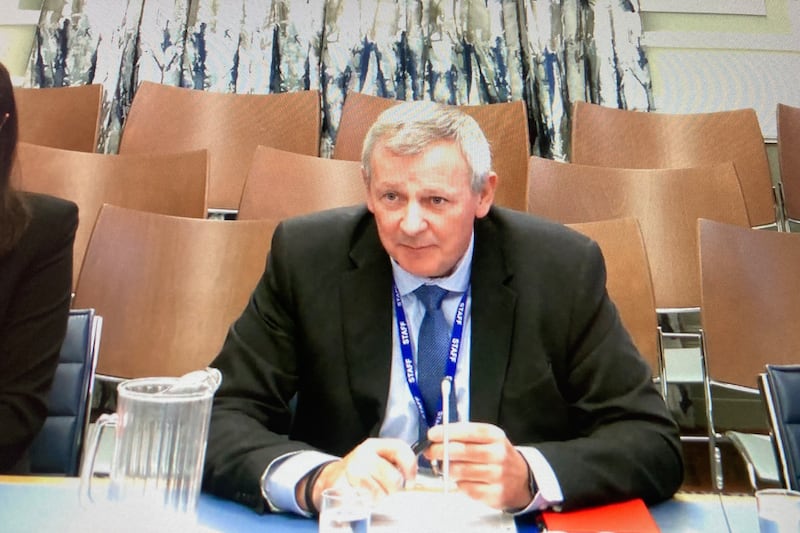The new Stormont budget will not deliver all the money needed, the new Education Authority chief has warned.
The Executive is expected to agree on this year’s budget on Thursday, which comes following the re-establishment of devolved government at the end of January.
Last week, Finance Minister Caoimhe Archibald said she has received resource bids from ministers for public services that are more than three times the available budget.

Richard Pengelly, chief executive of the Education Authority, which delivers all education services in the region, said he expects the budget to be “incredibly difficult”.
He appeared before the Stormont Education committee on Wednesday, just over a week into his post.
“I don’t think anyone in public service provision is under any illusions that whatever the budget is, it’s going to be incredibly difficult,” he said.
“There’s an early sense I’ve got that there are some critical issues across the education sector … the more back office. I think they haven’t had the level of investment they should have had in recent years, and I think unless we’re careful, that will start to appear in the front line, some real cracks … things like levels of digital investment, IT security.”
Asked about ring-fencing funding for schools, Mr Pengelly painted what he termed a “brutal reality”.
“I think the point I’m trying to make is making those savings elsewhere will inevitably have equally adverse implications for schools,” he said.
“So the brutal reality is we’re not going to get the funding settlement that we want or indeed we need in terms of service provision, so the way forward is going to land on some really hard-nose choices and I think the best thing that we can do with schools is be honest that we’re not going to have a financial settlement that solves the problem but that what we are prepared to do is have conversations about prioritisation.
“That’s going to need to happen across this sector and across every sector.
“I think we need to prioritise and look at areas where need is most acute and establish some real sense of prioritisation.
“I genuinely hope that that will be a sort of hunkering down for a year or two and that the dial will start to turn in terms of the financial position, but I genuinely worry that, in terms of many services, we’re rapidly approaching the point at which they become unsustainable.
“So it’s about trying to maintain the services through that.”
Mr Pengelly continued: “The Executive hasn’t been back for very long. I don’t doubt that in the coming weeks and months, the Executive will start to take a much more strategic grip of the challenges they face and they inevitably will start to think about some medium and long-term solutions.
“In many ways, it’s about survival in the short term.”
Mr Pengelly described himself as the “very new chief executive”, pointing out that it was just halfway through his second week in the job.
The former Department of Justice Permanent Secretary said while he had heard “a fair bit of negative noise” about the EA before taking up the post, he said he has found “the diametric opposite of what I’ve encountered in a week and a half in the organisation”.
“It’s an organisation full of energy, full of enthusiasm, and frankly, full of inspirational people who are trying to do their very best,” he said.
“The role I want to do is very firmly stand behind them and support them.”







